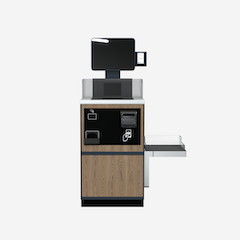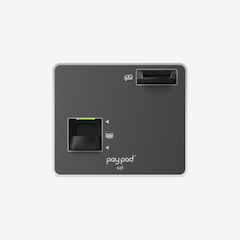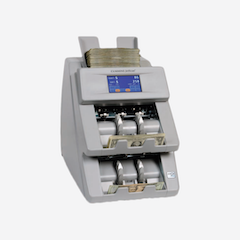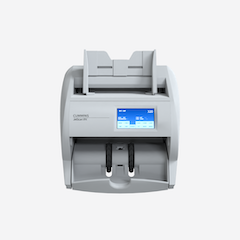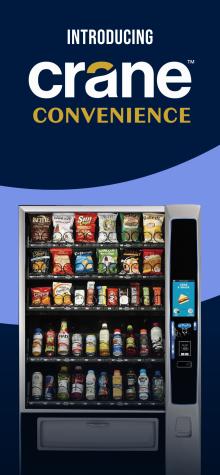In the dynamic world of gaming and entertainment, meeting the expectations of the modern player is no longer a choice – it’s an imperative. The digital revolution has transformed the way patrons interact with casinos, and the stakes have never been higher for operators to upgrade their technological infrastructure. This article presents a strategic roadmap for casino operators to understand and adapt to the technology-driven expectations of today’s players.
Understanding Modern Player Expectations
Gone are the days when a player's satisfaction hinged solely on the thrill of gaming. Today’s casino visitors expect a seamless fusion of cutting-edge technology and traditional hospitality. With a marked shift towards digital convenience, players anticipate experiences that are tailored, technologically adept, and, above all, engaging.
The Digital Convenience Paradigm
In a post-pandemic world, the digital realm has become the nexus of convenience. To keep step with modern desires, casinos must offer a digital-first approach that streamlines the user experience. This not only caters to the preferences of younger players but also creates a universally efficient ecosystem adaptable for all age groups.
Personalization and Engagement
Modern players gravitate towards personal touches in their experiences. They seek customized play suggestions, tailored promotions, and a digitally mediated, yet personalized, connection with the casino’s brand. This level of personalization is made possible through sophisticated data analytics and AI technologies, which can intimately understand a player's preferences and offer them a bespoke gaming experience.
Key Technological Upgrades for Casinos
The transition from traditional gaming paradigms to modern, tech-infused platforms is both inevitable and essential. Here are the pivotal technological upgrades that casinos must consider to stay relevant and competitive.
Mobile-Friendly Platforms
The mobile market represents a colossal shift in consumer behavior. With younger consumers accustomed to gaming on their phones, a significant number of players now prefer to access their favorite casino games through their mobile devices. This is not just about creating an application; it’s about crafting an entire mobile ecosystem that allows players to seamlessly transition between the casino floor, their home, and on-the-go destinations.
Cashless Payments in Casinos
The demand for cashless payments has surged, driven not only by convenience but also hygiene-consciousness. Research from the American Gaming Association (AGA) shows that over half of frequent customers would like to use digital payments on the casino floor (rising to 90% for high spenders).
Casinos need to adopt cashless and mobile wallet solutions, not just for gaming, but for all services, including restaurants, shows, and amenities, to offer a comprehensive contactless experience.
Data Analytics for Personalization
Understanding player habits and preferences is a crucial competitive edge. By implementing robust data analytics tools, casinos can create a digitized profile for each player, delivering targeted offers that enhance the gaming experience and customer loyalty.
Benefits of Upgrading Technology
The incorporation of modern technology unlocks a trove of benefits for casinos willing to make the investment. These benefits extend to the customer as well as the operational side of the business.
Enhanced Customer Experience
Technology elevation leads to a more immersive and personalized gaming experience. A mobile-first approach, coupled with contactless convenience, not only attracts players but keeps them coming back for more. Engaged customers are loyal customers, and loyalty translates to longevity in the casino’s bottom line.
Improved Operational Efficiency
The operational benefits of modern technology are profound. From reducing labor costs through automated processes to optimizing floor space with digital gaming innovations, these upgrades allow casinos to operate at peak efficiency, ensuring a better ROI.
Imagine a Casino, once a traditional gaming establishment, facing the challenge of dwindling customer numbers and increased competition from online platforms. Recognizing the imperative need for innovation, the Casino embarks on an ambitious overhaul of its technological infrastructure. They introduced a state-of-the-art data analytics system capable of providing real-time insights into player preferences and behaviors. This allowed them to offer personalized gaming experiences and rewards, dramatically enhancing player satisfaction and loyalty.
Increased Revenue Streams
New technology opens up pathways for additional revenue. Whether through mobile gaming apps, personalized promotions, or the allure of VR experiences, casinos can tap into previously untapped markets and increase their share of the gaming industry's multi-billion-dollar revenue.
Incorporating cashless payment solutions not only enhances the customer experience through convenience and safety, but it also directly contributes to increasing revenue streams. With cashless systems, players are found to spend more time on the floor, engaging more deeply with the games and amenities. This ease of transaction encourages longer stays at the slots and tables, fostering a more enjoyable and unhindered gaming experience. The reduced friction in spending translates to higher overall expenditure, boosting the casino's bottom line. This strategic move not only positions casinos as forward-thinking leaders in customer satisfaction but also significantly amplifies their revenue potential in a competitive landscape.
Conclusion
The casino industry is at a crossroads where technology and tradition must interlace seamlessly to meet the evolving expectations of players. The investment in modern technology is not an added luxury; it is a fundamental shift that can redefine the essence of a casino's offering. By understanding these expectations and undertaking strategic technological upgrades, casinos can position themselves as pioneers in the intersection of gaming, technology, and hospitality. To neglect these necessary advancements is to risk falling behind in an industry where the modern player sets the pace for the future.






